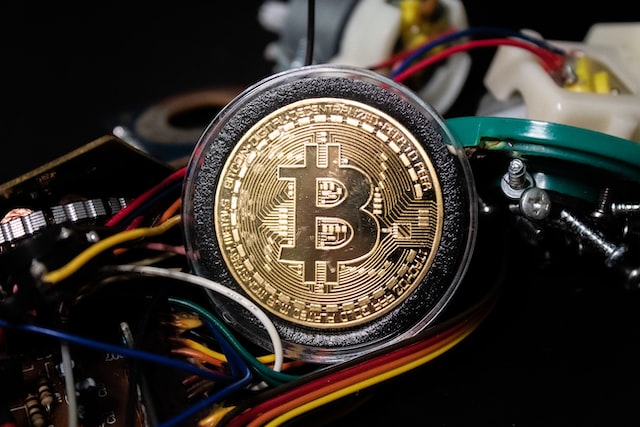Cryptocurrency mining is the process of verifying and adding transactions to the public ledger, known as the blockchain, and releasing new units of a particular cryptocurrency. For a transaction to be added to the blockchain, it must be verified by a miner. Miners use powerful computer systems to solve complex mathematical equations, known as hashes, to verify the transaction. Once a miner successfully verifies a transaction, they are rewarded with a certain amount of cryptocurrency.
The process of mining is crucial for the security and integrity of the blockchain, as it ensures that all transactions are legitimate and have not been tampered with. It also releases new units of cryptocurrency into circulation, which helps to control the supply and maintain its value.
To begin mining, an individual or organization must first acquire the necessary hardware, such as a powerful graphics processing unit (GPU) or application-specific integrated circuit (ASIC) device. These devices are specifically designed to perform the complex mathematical calculations required for mining. They are also expensive and consume large amounts of electricity.
Once the necessary hardware is acquired, the miner must also set up a software program that connects to the blockchain and begins solving the mathematical equations. This software also allows the miner to join a mining pool, which is a group of miners who combine their computing power to increase their chances of verifying a transaction and receiving a reward.
The process of mining can be quite competitive, as there is a limited amount of rewards for verifying transactions. This means that miners must constantly update and improve their hardware to stay competitive. Additionally, the difficulty of the mathematical equations increases as more miners join the network, making it harder for individuals to mine on their own.
Despite the competition and high costs, many individuals and organizations continue to mine for cryptocurrency. This is because mining can be a lucrative endeavor, as the value of cryptocurrency has been on the rise in recent years. Additionally, the decentralized nature of cryptocurrency means that there is no central authority controlling its value, making it a potential store of value.
In summary, cryptocurrency mining is the process of verifying and adding transactions to the blockchain and releasing new units of a particular cryptocurrency. Miners use powerful computer systems to solve complex mathematical equations to verify transactions and receive rewards in the form of cryptocurrency. While it can be a competitive and costly endeavor, many individuals and organizations continue to mine for cryptocurrency due to its potential store of value and decentralized nature.
Notice: Information contained herein is not and should not be construed as an offer, solicitation, or recommendation to buy or sell securities. The information has been obtained from sources we believe to be reliable; however, no guarantee is made or implied with respect to its accuracy, timeliness, or completeness. Authors may own the cryptocurrency they discuss. The information and content are subject to change without notice. Visionary Financial and its affiliates do not provide investment, tax, legal, or accounting advice.
This material has been prepared for informational purposes only and is the opinion of the author, and is not intended to provide, and should not be relied on for, investment, tax, legal, accounting advice. You should consult your own investment, tax, legal, and accounting advisors before engaging in any transaction. All content published by Visionary Financial is not an endorsement whatsoever. Visionary Financial was not compensated to submit this article. Please also visit our Privacy policy; disclaimer; and terms and conditions page for further information.

